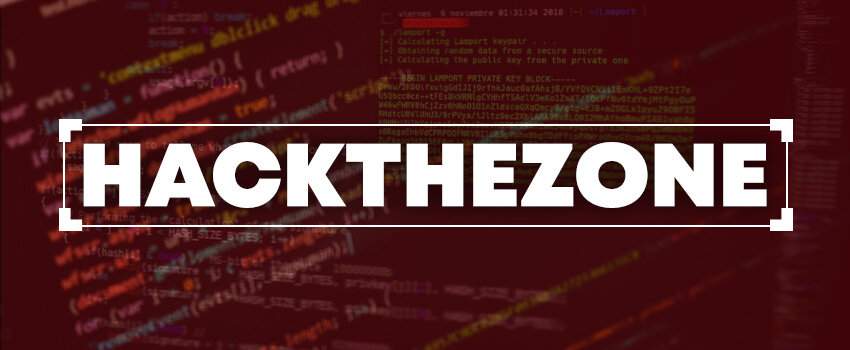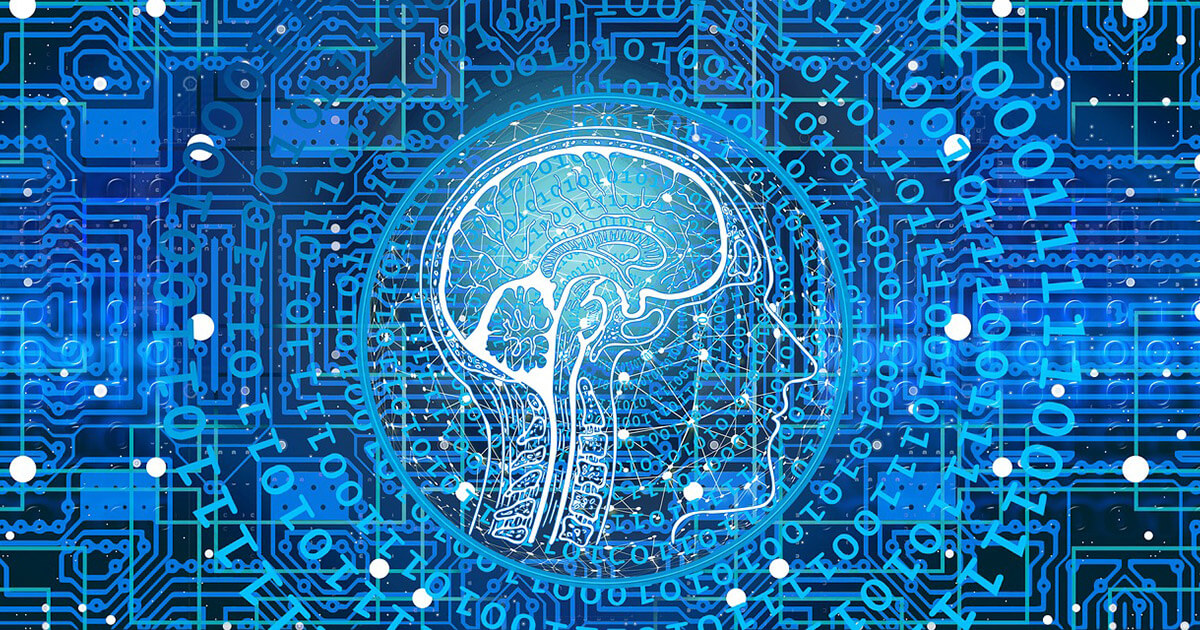Digital medicine != digitalization of medicine
Last week I did a presentation about digital medicine for Inomedia Academy students attending "Communication of Innovation, Innovation in Communication" course.
I used their answers about integration of technology into medicine. Although they were not wrong, the needs they found could have been addressed using technology from 10-15 years ago.
This was used to show that digitalization of medicine is totally different than digital medicine.
Digital medicine != digitalization of medicine
I made a video, using segments from the below videos, and then addressed the ideas emerging from it.
I was mentioning that all the things they saw are in fact real technologies that are somehow already embedded in some situations.
- AI is far from taking the doctor's jobs. On short and medium term it will enhance the monitoring and ambulatory processes so the doctors will have more time to go in depth with the patients. Forward already does that (I wrote here First episode of tomorrow's medicine) and the democratization of access to neural networks (Tensor Flow) will bring a huge benefit for personalization and early treatment.
- Augmentation - the keyword. We need to augment the doctors and the reality. We need to use the technology and it's capacity of Big Data to bring up data that before was inaccessible. Microsoft HoloLens is already used to overlay patient's medical records and to provide an immersive teaching experience.
- BBC ran an experiment which showed how we can use technology to understand and model a pandemic using data gathered through mobile devices.
- Neuralink is addressing the computer-brain interfaces segment. Initial reports show a huge advance compared to Utah array which is the current standard and was developed in 90s. In the future Neuralink will be able to augment medicine.Elon Musk will provide an update on Neuralink on 28 August and I'll do a follow-up.
- 5G - it's not about the raw speed. The main update of 5G over 4G is the lower latency. 5G was developed with a very low latency so it can be used in remote interventions where having real-time response can make the difference.
I think that the future medicine will shift more to monitoring (wearable devices) and prevention/early diagnostic (AI, ML).
A report from 2020 shows that 18% of Romania's population (16-64 years) own a wearable device.
We need data to be able to use the current technology at it's full capacity. We need to educate and to understand that providing access to data we are improving the algorithms.
Videos:


